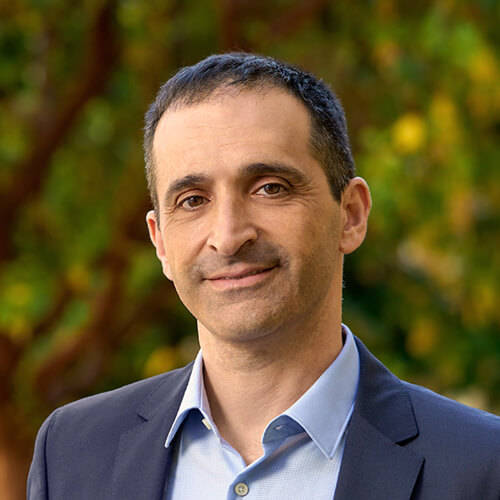Merck KGaA has tapped Israel biotech Biolojic Design to help create multi-specific antibodies using AI.
In the latest AI-driven collaboration Merck KGaA has announced in the past several months, Biolojic will use its AI platform to design antibodies. Merck KGaA, in turn, will use the antibodies to develop drug candidates for cancer, including antibody-drug conjugates (ADCs), and immunology.
The partnership is estimated to be worth €346 million ($376 million), consisting of an upfront payment in the “low double-digit million euro” range and payments for discovery, development, regulatory and commercial milestones.
Merck KGaA will also help fund Biolojic’s R&D associated with the deal. The biotech can also access tiered royalties from product sales, according to a Monday release.
Biolojic’s platform uses AI to make human antibodies by “mimicking” the immune system. As the antibodies are AI-designed, they can be created to be more specific, acting as “programmable switches with specific functions” and, according to the company, potentially have improved therapeutic efficacy.
Clik here to view.
 Yanay Ofran
Yanay Ofran“In this collaboration, we will apply our multibody capabilities to create next generation antibody-based therapies, including ADCs with the potential to block tumor escape mechanisms, overcome tumor and patient heterogeneity and offer improved safety and efficacy,” Biolojic CEO Yanay Ofran said in a statement.
AU007 is the first of Biolojic’s AI-designed antibodies to enter clinical trials, which is being developed by its spin-out company Aulos Bioscience in solid tumors. AU007 is in a Phase 2 trial, with four other antibodies discovered by Biolojic to enter the clinic, according to the company’s website.
This is the second AI-discovery collaboration Merck KGaA has announced this year, following a partnership in April with AI biotech Caris Discovery that also involves ADCs. In September last year, the German drugmaker signed on to two separate AI-discovery deals for small molecule candidates with BenevolentAI and Exscientia. In the same month, it also expanded a deal with Quris-AI to use the company’s AI platform to check liver toxicity risks for drug candidates.
